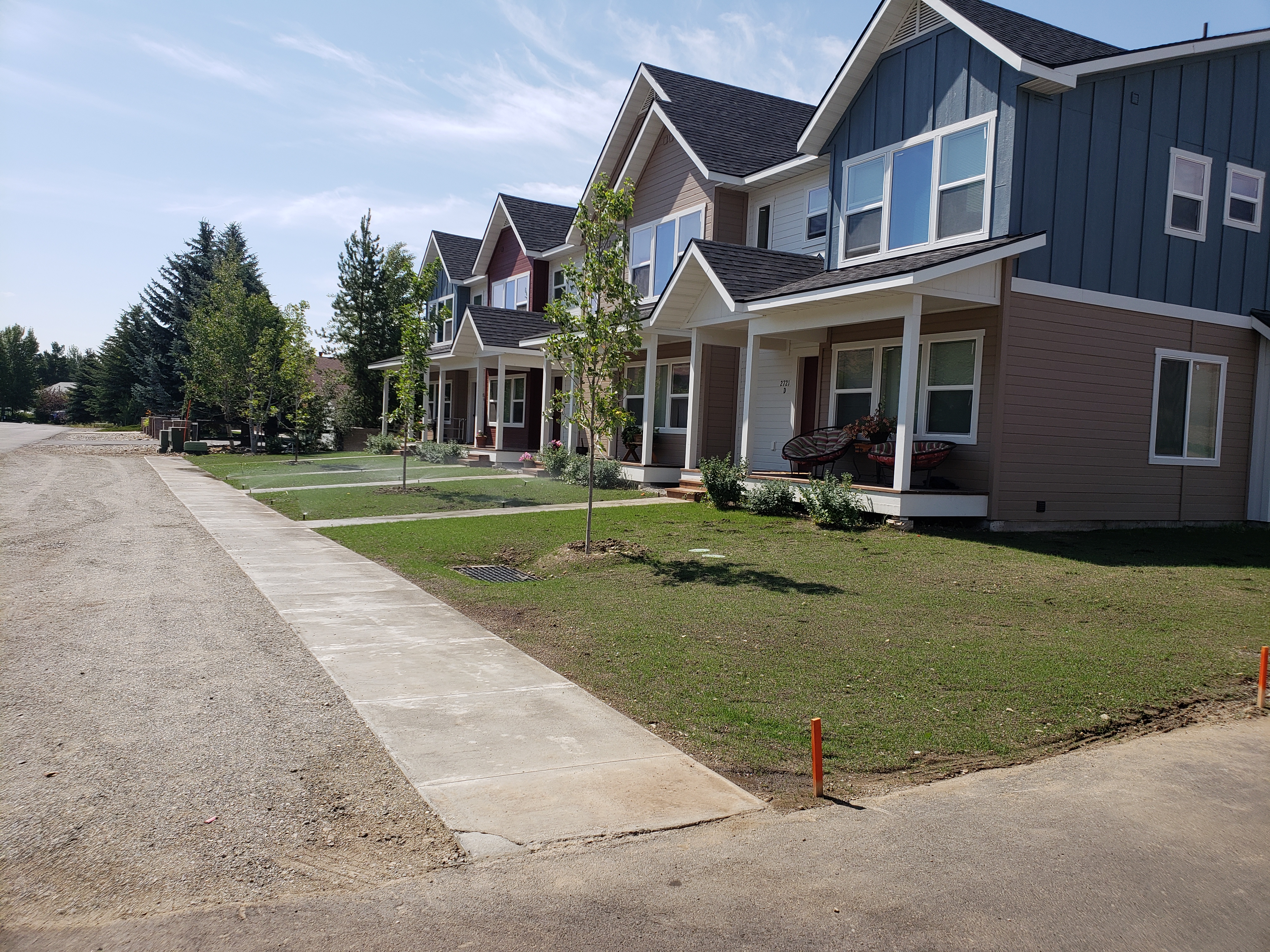September 4, 2018
This is very welcome news. For the first time in a number of years HUD has the capacity to increase the number of “mainstream” rental vouchers, increasing the opportunity for non-elderly persons with disabilities to live in the community rather in than in an institution. We’re confident our region’s housing authorities will make good use of these additional resources.
Jeff McMorris, HUD Northwest Regional Administrator
| For Immediate Release:
Tuesday, September 4, 2018 |
Northwest News UpDate |
HUD AWARDS ALMOST 1,000 MORE “MAINSTREAM”
RENTAL VOUCHERS FOR NON-ELDERLY WITH DISABILITIES IN ALASKA, IDAHO, OREGON & WASHINGTON STATE
Will enable them to avoid institutionalization & live independently
SEATTLE – The U.S. Department of Housing and Urban Development (HUD) today awarded 19 housing authorities in Alaska, Idaho, Oregon & Washington almost 1,000 additional “mainstream” rental vouchers for non-elderly persons with disabilities.
Today’s announcement will provide 50 additional rental vouchers to non-elderly persons with disabilities in Alaska, 142 vouchers in Idaho, 366 vouchers in Oregon and 408 vouchers in Washington State with a total annual dollar value of $$7,112,410 in HUD rent subsidies.
Nationwide, today HUD awarded $98.5 million to 285 local public housing authorities across the country to provide permanent affordable housing to 11,931 additional non-elderly persons with disabilities. See the local impact of the housing assistance announced today.
The housing assistance announced today is provided through the HUD’s Section 811 Mainstream Housing Choice Voucher Program which provides funding to housing agencies to assist non-elderly persons with disabilities who are transitioning out of institutional or other separated settings; at serious risk of institutionalization; homeless; or at risk of becoming homeless.
“HUD is committed to making sure people with disabilities have a decent, safe and affordable place to call home,” said HUD Secretary Ben Carson. “Working closely with our local partners, we help residents with disabilities live independently and fully enjoy the use of their homes.”
“With tight housing markets in virtually every community in our region, these are especially welcome funds,” said HUD Northwest Regional Administrator Jeff McMorris, “providing almost 1,000 additional households with non-elderly members with disabilities the resources they need to live in and make contributions to the communities they call home.”
The following housing authorities in Alaska, Idaho, Oregon and Washington State receiving awards today include:
| STATE | HOUSING AUTHORITY | CITY | VOUCHERS AWAREDED | AMOUNT |
| ALASKA | Alaska Housing Finance Corporation | Anchorage | 50 | $421,110 |
| AK TOTAL | 50 | $42,110 | ||
| IDAHO | Housing Authority of the City of Pocatello | Pocatello | 22 | $116,094 |
| Boise City Housing Authority | Boise | 45 | $263,915 | |
| Ada Co. Housing Authority | Boise | 25 | $146,598 | |
| Idaho Housing and Finance Association | Statewide | 50 | $215,448, | |
| ID TOTAL | 142 | $526,607 | ||
| OREGON | Housing Authority of Clackamas County | Oregon City | 41 | $329,440 |
| Housing Authority of Portland | Portland | 99 | $859,079 | |
| Housing Authority & Comm Services of Lane Co. | Eugene | 33 | $190,278 | |
| Housing Authority of Jackson County | Medford | 35 | $180,173 | |
| Housing Authority of Yamhill County | McMinnville | 45 | $325,772 | |
| Housing Authority of Washington County | Hillsboro | 45 | $425,580 | |
| Mid-Columbia Housing Authority | The Dalles | 28 | $70,188 | |
| Central Oregon Regional Housing Authority | Redmond | 40 | $273,812 | |
| OR TOTAL | 366 | $2,654,322 | ||
| WASHINGTON | Seattle Housing Authority | Seattle | 79 | $813,906 |
| Housing Authority of King County | Seattle | 99 | $894,363 | |
| Housing Authority of the City of Vancouver | Vancouver | 40 | $361,298 | |
| Housing Authority of Snohomish County | Everett | 50 | $628,200 | |
| Housing Authority of Thurston County | Olympia | 50 | $298,698 | |
| Housing Authority of City of Spokane | Spokane | 90 | $513,906 | |
| WA TOTAL | 408 | $3,510,371 | ||
| REGION X TOTAL | 966 | $7,112,410 |
This program helps to further the goals of the Americans with Disabilities Act by helping persons with disabilities live in the most integrated setting. The program also encourages partnerships with health and human service agencies with a demonstrated capacity to coordinate voluntary services and supports to enable individuals to live independently in the community.

